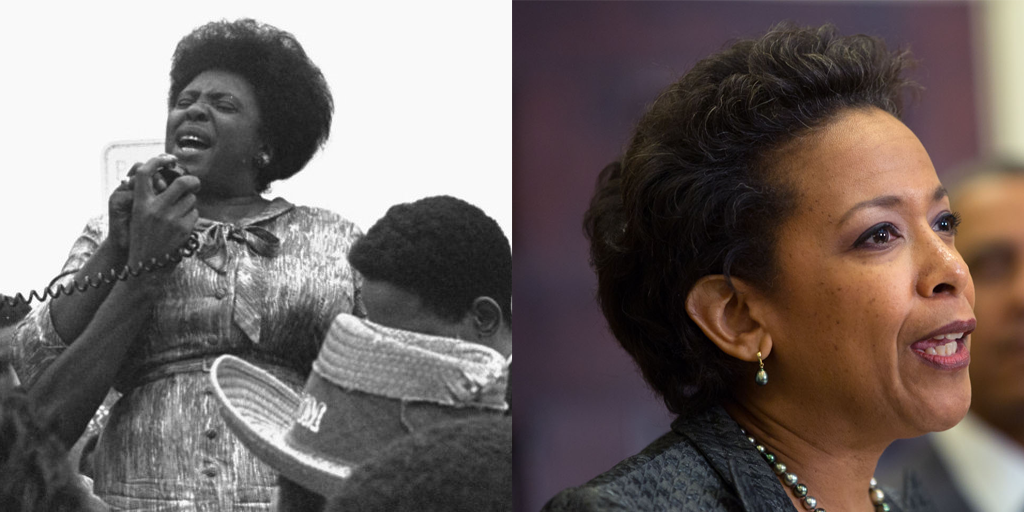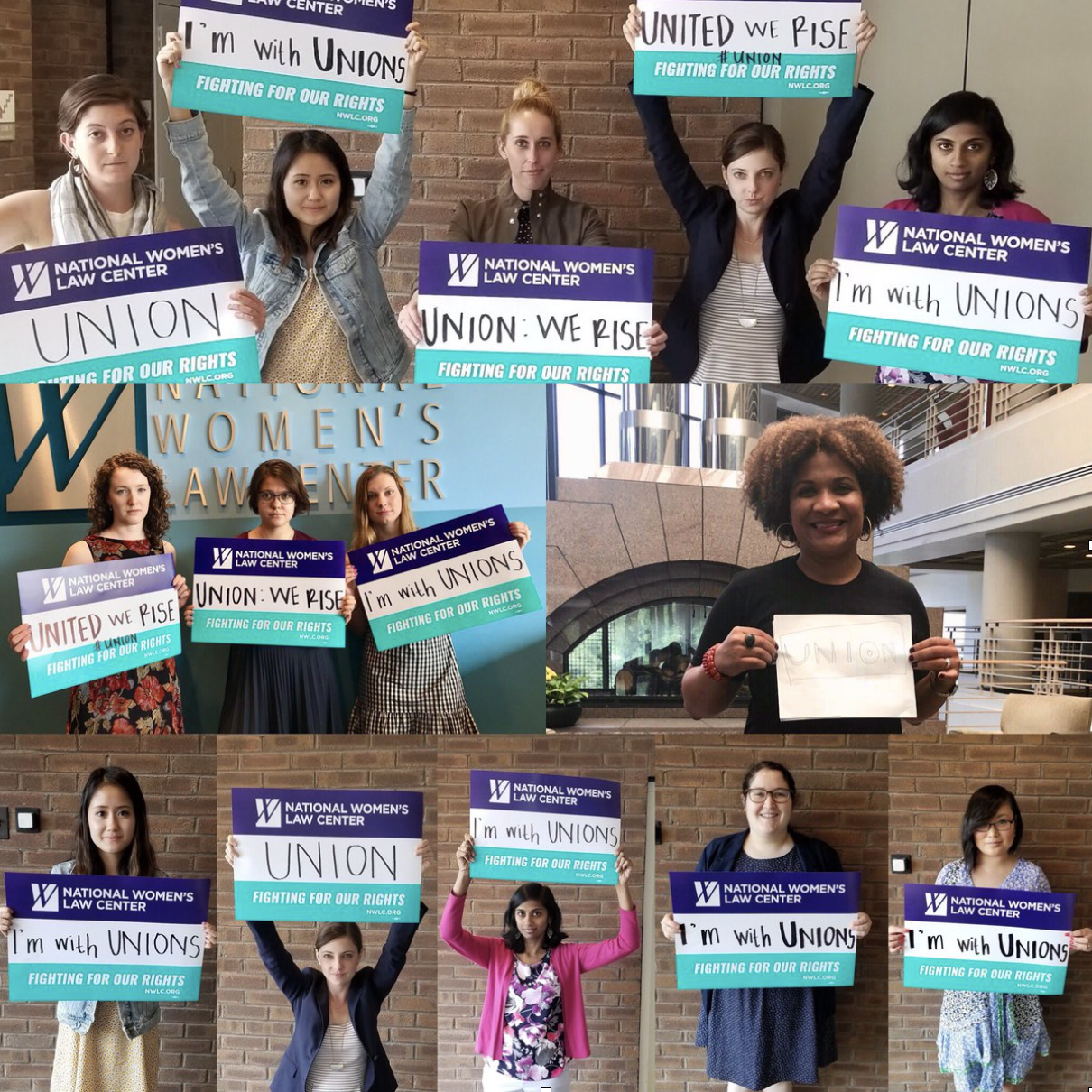Abortion rights, women of color, and LGBTQIA+ people are under attack. Pledge to join us in fighting for gender justice.
As a Latina Gender Justice Advocate, the Judicial Nomination of Araceli Martínez-Olguín Matters to Me. But It Should Matter to Everyone.

Seeing Latinas break barriers across industries, including by serving on our federal courts, has always had a substantial impact on my life. In 2009, the historic confirmation of Justice Sonia Sotomayor to the Supreme Court left a lasting impression on me as a young teenager who had begun focusing on her academic interests. And it gave me budding hope that a Latina woman like me could be in important decision-making roles.
Fast forward to 2022, I coincidentally (or maybe not so coincidentally) found myself working as an advocate for judicial nominations at the National Women’s Law Center (NWLC). My understanding of judicial nominations is undoubtedly now more nuanced than in my teenage years. I have come to understand the importance of not only having judges with diverse racial and ethnic backgrounds in our courts—but also judges with experience working in civil rights and who are committed to upholding gender justice, equality, freedom, and opportunity for all. That’s why, this August, President Biden’s nomination of Araceli Martínez-Olguín to the U.S. District Court for the Northern District of California would come to mean just as much to me as Justice Sotomayor’s nomination, from nearly a decade before.
Who is Araceli Martínez-Olguín? She currently serves as a Supervising Attorney at the National Immigration Law Center. A graduate of Princeton University and the University of California, Berkeley School of Law, Ms. Martínez-Olguín has spent the majority of her career working in nonprofits.
- While at the ACLU Women’s Rights Project, Ms. Martínez-Olguín represented three women with low incomes from India. All three women were brought into the United States by a Kuwait diplomat and his wife under false pretenses and then forced into unpaid labor against their will—suffering through physical and psychological abuse.
- Martínez-Olguín also supported women of color in an employment discrimination case, arguing in support of a previous agreement that awarded permanent jobs and senior roles to female and minority custodians working at the New York City Department of Education.
- Additionally, she challenged a Kentucky school district’s discriminatory segregation of its middle-school students on the basis of sex.
Araceli Martínez-Olguín’s background as a Latina and as a nonprofit advocate is one that I proudly share with her, and it is a background severely underrepresented on the federal bench:
- Even though almost one-quarter of California’s population consists of Hispanic and Latina women, Martínez-Olguín would be only the second Latina to have ever served on the U.S. District Court for the Northern District of California—a step towards representation that is long overdue.
- Presently, about 70% of all judges on the appellate courts have spent the majority of their careers in private practice or as federal prosecutors. Ms. Martínez-Olguín’s nonprofit background would bring a fresh professional perspective that is lacking on the courts.
Ms. Martínez-Olguín’s work reflects her commitment to equal justice for all and her understanding of the impact of the law on the lives of women and girls. That’s exactly the kind of perspective we need on our courts—and that’s why the Senate must move swiftly to confirm Araceli Martínez-Olguín to the U.S. District Court for the Northern District of California before the end of this congressional session.
As a Latina gender justice advocate, it’s meaningful to me to see myself reflected in the judges that make decisions on laws that will impact my life.





